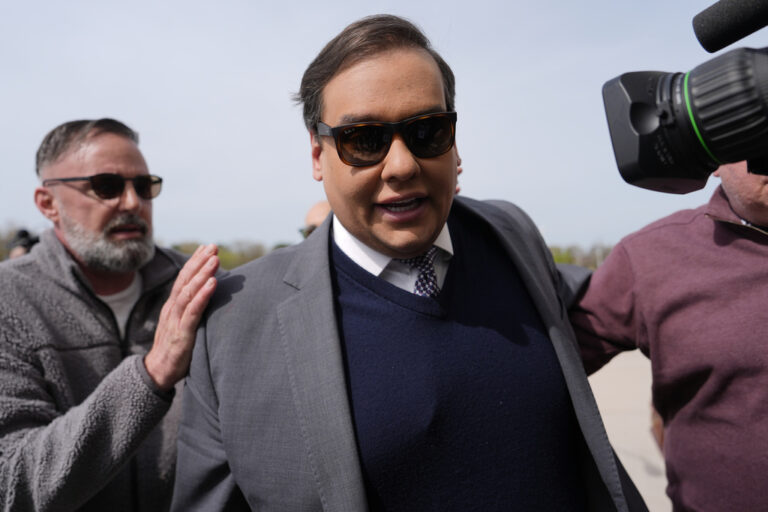The number of training drills conducted in the IDF doubled in 2007. In the IDF Ground Forces the number rose 80% this year, due to a strong emphasis placed on improving combat readiness and training for military forces. In addition, the number of reserve battalion exercises in the Army Headquarters training center increased by 50%, and a number of specific reserve brigade drills increased four-fold. At least 80% of reserve battalions belonging to the Northern Command underwent at least one exercise drill since the last war. More than 20% of these battalions have undergone at least two training drills.
In addition, a new system will evaluate the combat readiness levels of different units through graphs, better measuring the operational readiness of units for battle. The system constructs operational graphs capable of presenting the maintenance level of the unit’s vehicles, and the number of training sessions units’ soldiers and officers have passed. The new system can also warn of irregular occurrences such as when units have not received enough nighttime training, or if a battalion commander has not passed the company and battalion commanders course. The system was built during the past year as part of the changes in the army implemented following stocktaking of the Second Lebanon War.
The division commander’s course has also been reinstated. The course, which in the past was necessary for appointment to division command, trains future division commanders for different combat situations. The first course held this year was comprised of 12 officers holding the rank of Brigadier-General and Colonel. The course trained the officers based on operational lessons learned from the Second Lebanon War as well as from all of Israel’s previous wars, and wars throughout world history. Every graduate of the course is expected to be appointed as division commander at some later date upon completion of the course, or play a pivotal role in a battalion’s battle. One graduate, a Colonel from the IAF, is expected to be appointed as head of the Helicopter Squadron, an important position. He will be responsible for overseeing cooperation between the helicopter divisions during the war.










